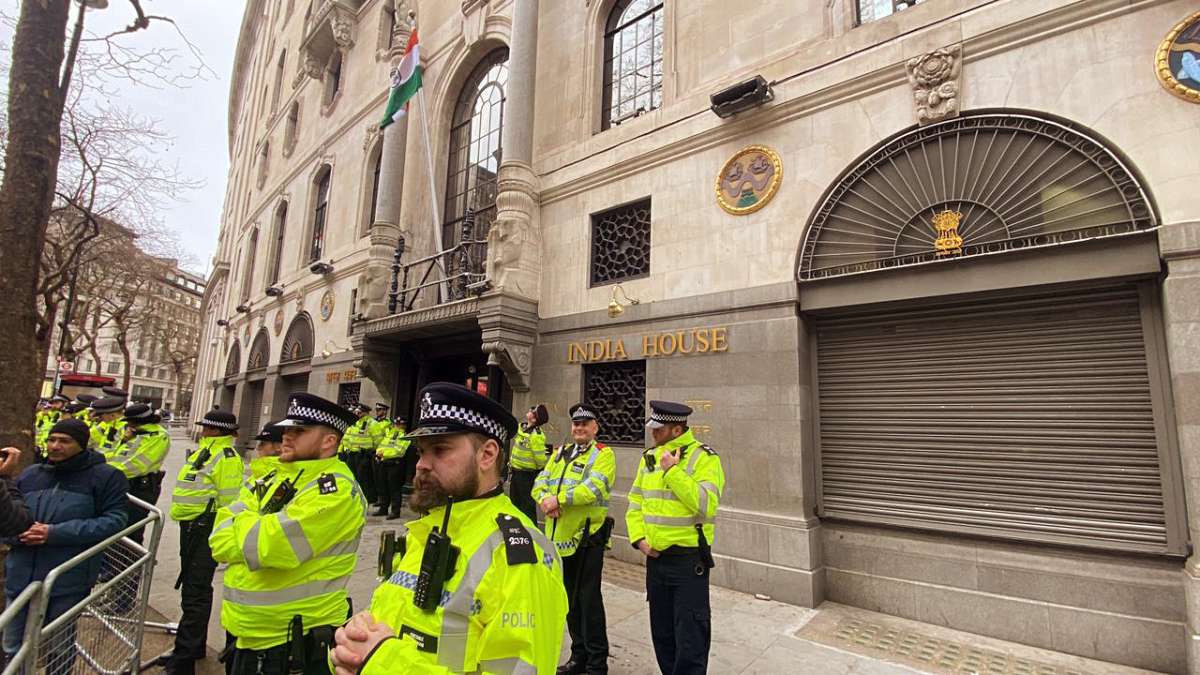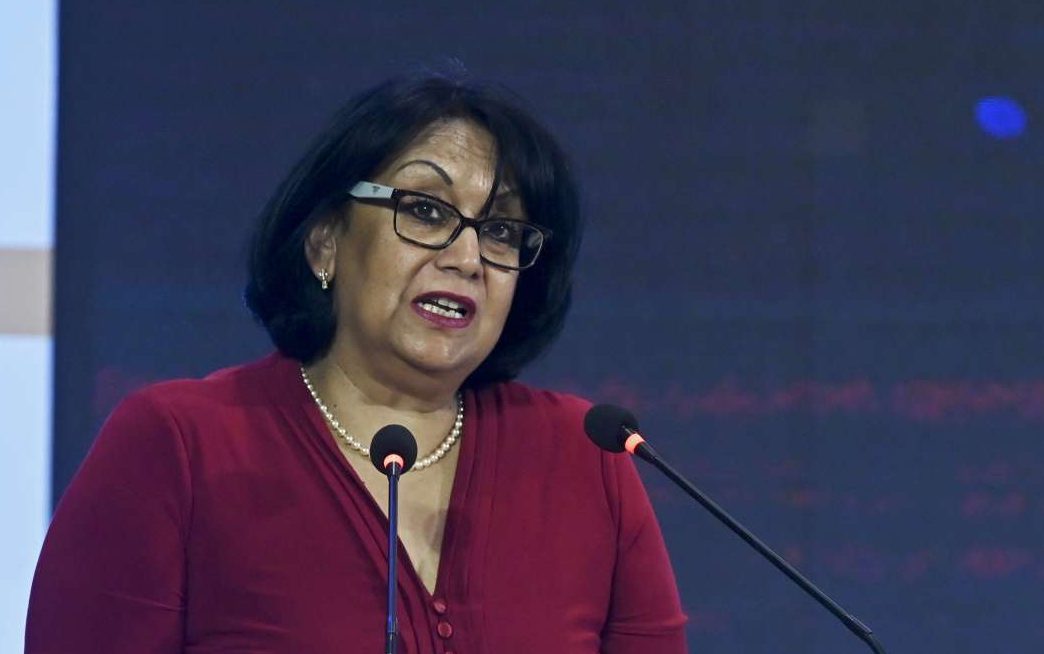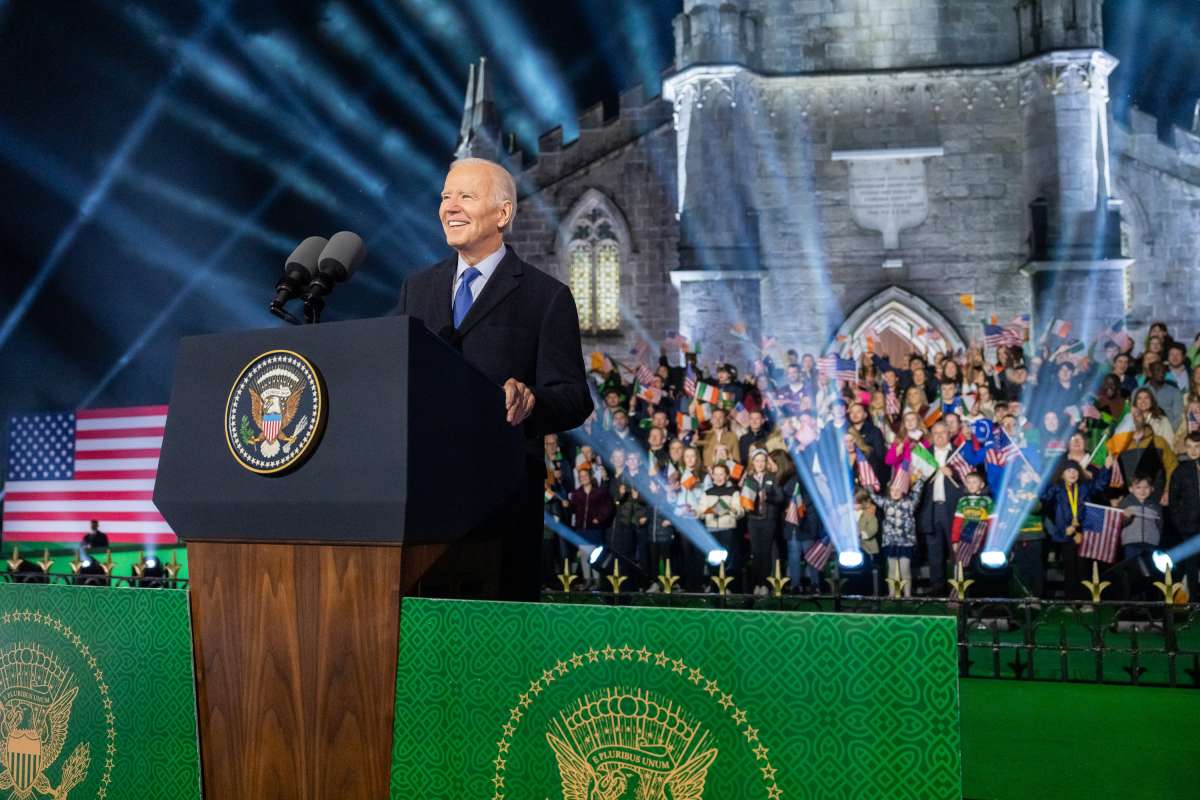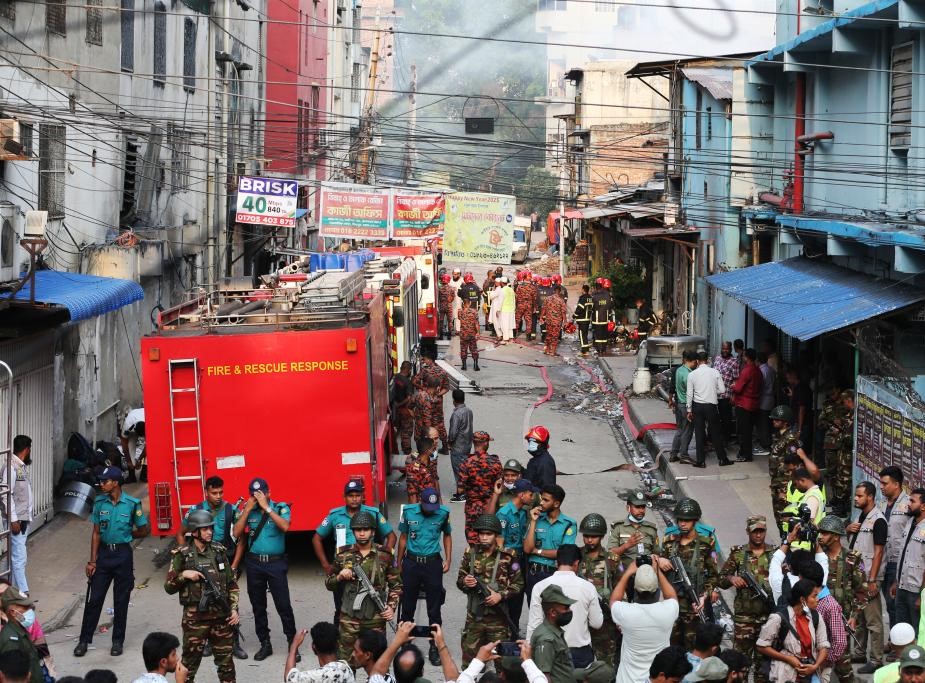Throughout the 1970s, Pakistan supported Sikh separatists in Punjab as a form of political warfare and in the early 1980s, an armed campaign began…reports Asian Lite News
The recent surge in violence by Khalistan supporters in the UK is creating security challenges for Britain, as well as, radicalising the Sikhs in the country.
Britain has seen a recent upsurge in activity by the Khalistan supporters, a faction of Sikh extremists. To many, even within the counter-extremism community, the Khalistanis are rather obscure, but it is a social and security challenge, with an international network operating, reported European Eye on Radicalization (EER). Khalistani supporters have been propagating an ideology and a set of conspiracy theory narratives that encourage Sikhs in Britain to believe they are under relentless attack and thus violence is justified in “self-defence”.
This is dangerous for Sikhs, risking drawing young people and others into terrorism and criminality, and it endangers the wider society by creating divisions within a diverse population that needs cross-community understanding and harmony to thrive, reported EER.
In March this year, the Indian community in Britain erupted in anger following the vandalism of the Indian High Commission in London and the desecration of the Tricolour by Khalistani supporters. This led to an unprecedented outpouring of support from the diverse Indian community in Britain.
In the last few months, the reach of the Khalistan supporters in Britain has made itself known. In February, the Independent Review of Prevent, the British counter-extremism program, by William Shawcross, warned of “pro-Khalistan extremism emerging from the UK’s Sikh communities”.
Shawcross recorded that the Khalistanis were inciting Sikhs in Britain against the government, spreading misinformation that the British government was repressing Sikhs and helping the Indian government do the same in India, while “glorify[ing] violence carried out by the pro-Khalistan movement in India”. This was, said Shawcross, “a potentially toxic combination for the future,” reported EER.
Meanwhile, the investigation is going into the vandalism of the Indian High Commission in London. The investigation should not focus solely on how this one event happened, but on the broader environment that led up to it and correcting the missteps that led to this threat being neglected for too long, reported EER.
Diasporas being more radical than populations “at home” is not an unusual phenomenon: jihadism has a disproportionate hold over Western Muslim populations as compared to Muslims in Islamdom, for example, and the Liberation Tigers of Tamil Eelam (LTTE) or “Tamil Tigers” relied significantly on diaspora funding to wage their war against Sri Lanka, reported EER.
In a similar fashion, the Khalistanis outside India has worked to foster a “Lost Cause” myth among diaspora Sikh populations, presenting their aims in the language of a repressed minority seeking its rights. This narrative leaves out the Khalistanis acting as the pawns of Pakistan in a geopolitical game and the horrendous violence of the Khalistan supporters during its war in the 1980s, not only in India, reported EER.
Throughout the 1970s, Pakistan supported Sikh separatists in Punjab as a form of political warfare and in the early 1980s, an armed campaign began.
In October 1984, months after a military operation to suppress the rebellion in Punjab, then-Prime Minister of India, Indira Gandhi, was assassinated by her two Sikh bodyguards, and a wave of popular violence against Sikhs erupted.
The Khalistanis exploited this situation to further their victimhood narrative–a common tactic by extremist groups. For the next decade, a war raged, ending in the defeat of the Khalistani insurgency in 1993, reported EER.
Since that time, the Khalistan movement has become a diaspora phenomenon largely. However, as Terry Milewski, a Canadian journalist who has studied the Khalistanis for decades, points out, what is most notable about the territories claimed for this future Khalistan is what they do not include: any part of historic Punjab that is within Pakistan, reported EER.
Moreover, EER also said that Canada has been known as a central node in the Khalistani network, grouped around an organisation calling itself “Sikhs for Justice” (SFJ). (ANI)
ALSO READ-Pro-Khalistan elements misusing asylum policy, India tells UK














